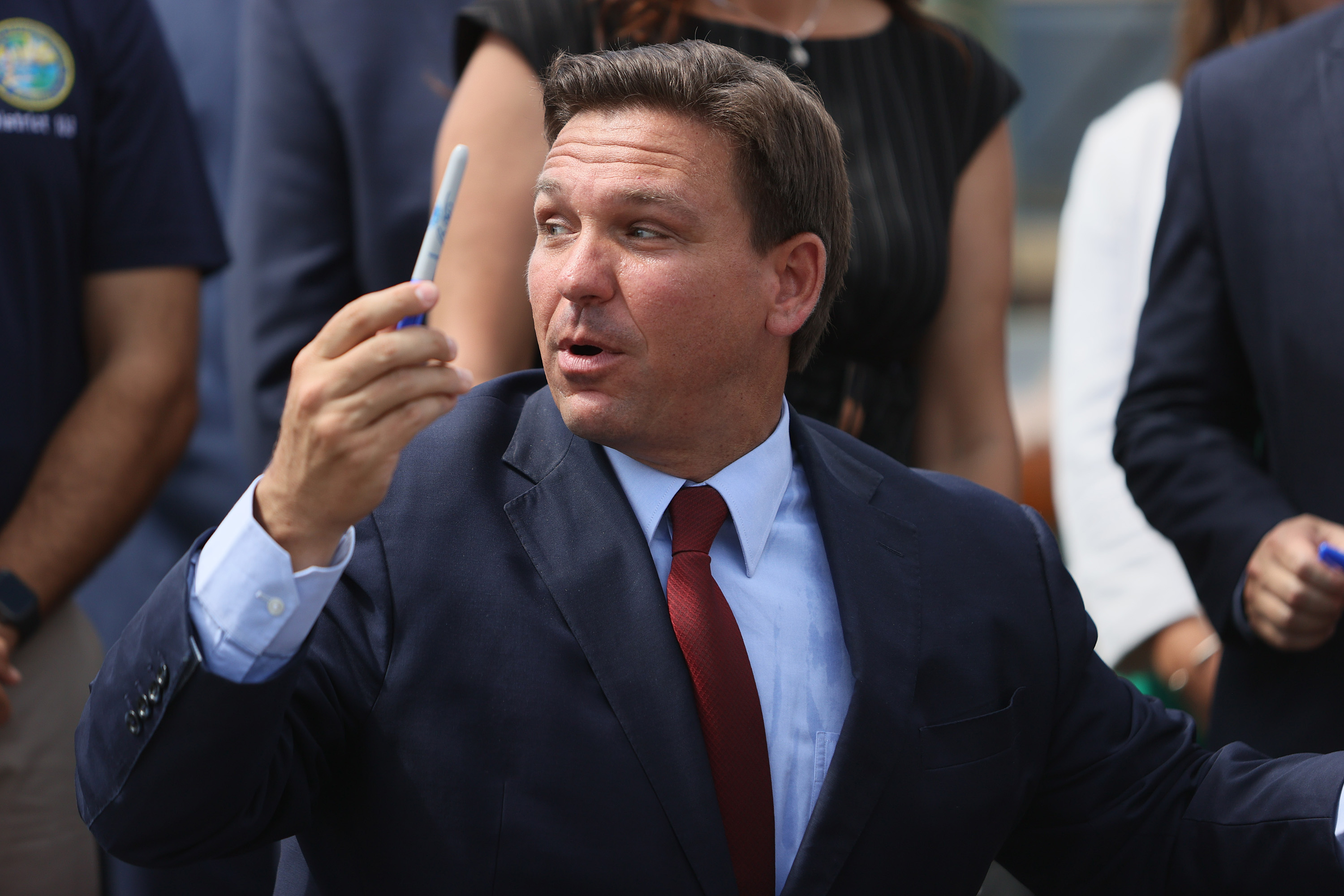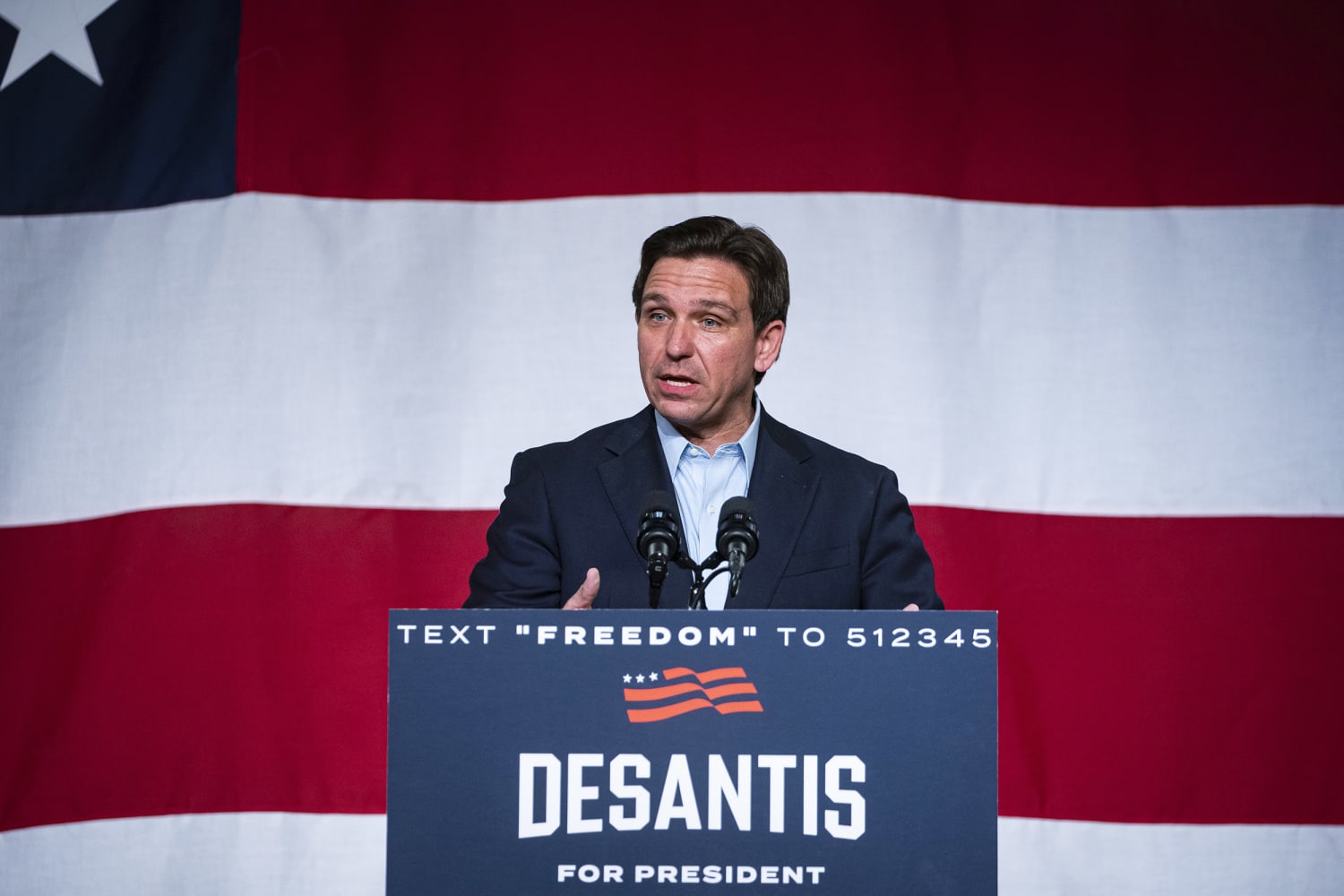Political Implications of DeSantis’ Vetoes: Desantis Vetoes

Desantis vetoes – Governor Ron DeSantis of Florida has recently vetoed several bills passed by the Republican-controlled legislature, including measures to create a state election police force, restrict transgender healthcare for minors, and implement new voting restrictions. These vetoes have sparked significant political debate and speculation about their potential impact on the Republican Party and the upcoming elections.
Amidst the political storm surrounding DeSantis’ vetoes, a glimmer of inspiration shines from the distant realm of baseball. Shohei Ohtani , the Japanese phenom, embodies the indomitable spirit of overcoming adversity. Like the citizens affected by the vetoes, Ohtani has faced his own challenges, but he has triumphed through perseverance and determination.
As DeSantis’ actions continue to divide opinions, Ohtani’s story serves as a reminder that even in the face of setbacks, the human spirit has the power to prevail.
Motivations Behind the Vetoes
DeSantis has stated that his vetoes were based on concerns about the constitutionality of the bills, as well as their potential to infringe on individual rights. However, some political analysts have suggested that DeSantis’s vetoes may have been motivated by a desire to appeal to a broader electorate, including moderate and independent voters, in the upcoming presidential election.
As Governor DeSantis’ vetoes continue to make headlines, it’s crucial to stay informed about the evolving COVID-19 situation. With new variants emerging, it’s essential to be aware of their potential symptoms. Visit covid variants symptoms for the latest information on these symptoms.
By staying informed, we can better protect ourselves and our loved ones during these uncertain times.
Impact on the Republican Party
The vetoes have caused some division within the Republican Party, with some members criticizing DeSantis for not fully supporting conservative priorities. However, other Republicans have praised DeSantis for his willingness to buck the party line and focus on what he believes is best for Florida.
Public Reaction
The public reaction to DeSantis’s vetoes has been mixed. Some polls suggest that a majority of Floridians support the vetoes, while others indicate that there is significant opposition to them. It remains to be seen how the vetoes will ultimately affect DeSantis’s popularity and the outcome of the upcoming elections.
Legislative Impact of DeSantis’ Vetoes

Governor DeSantis’s vetoes have significant legislative implications for the state of Florida. These vetoes represent a significant departure from the traditional role of the governor in the legislative process and have the potential to reshape the balance of power between the executive and legislative branches of government.
Vetoed Bills
Governor DeSantis vetoed a wide range of bills during the 2023 legislative session, including measures related to education, healthcare, criminal justice, and environmental protection. Some of the most notable vetoes include:
- SB 7040, which would have created a new voucher program for private school tuition.
- HB 7, which would have expanded Medicaid eligibility to low-income adults.
- HB 1083, which would have repealed the state’s “stand your ground” law.
- SB 1884, which would have prohibited offshore oil drilling in state waters.
Legislative Process and the Role of the Governor
In the legislative process, bills are first introduced in either the House of Representatives or the Senate. If a bill passes both chambers, it is then sent to the governor for approval. The governor has the power to sign the bill into law, veto it, or allow it to become law without his signature. A vetoed bill can be overridden by a two-thirds vote of both the House and Senate.
Consequences of DeSantis’ Vetoes
Governor DeSantis’s vetoes have the potential to have a significant impact on the state of Florida. The veto of SB 7040, for example, will likely lead to increased funding for public schools. The veto of HB 7 will leave thousands of low-income adults without access to health insurance. The veto of HB 1083 will make it more difficult for people to defend themselves against violent crime. The veto of SB 1884 will allow offshore oil drilling to continue in state waters, which could pose a threat to the environment.
Legal Challenges to DeSantis’ Vetoes

Governor DeSantis’ vetoes of legislation have faced legal challenges from various groups and individuals. These challenges argue that the vetoes are unconstitutional and an overreach of executive authority.
Arguments Against DeSantis’ Vetoes
- The vetoes violate the separation of powers by encroaching on the legislative branch’s authority to make laws.
- The vetoes are based on personal and political reasons rather than legitimate legal grounds.
- The vetoes target specific groups or individuals, violating equal protection under the law.
Arguments in Support of DeSantis’ Vetoes
- The governor has the constitutional authority to veto legislation.
- The vetoes are based on valid legal and policy considerations.
- The vetoes do not violate equal protection or target specific groups.
Potential Outcomes of Legal Challenges, Desantis vetoes
The outcome of the legal challenges to DeSantis’ vetoes is uncertain. If the courts uphold the challenges, it could limit the governor’s veto power and strengthen the authority of the legislature. Conversely, if the courts dismiss the challenges, it would reinforce the governor’s authority and potentially embolden future vetoes.